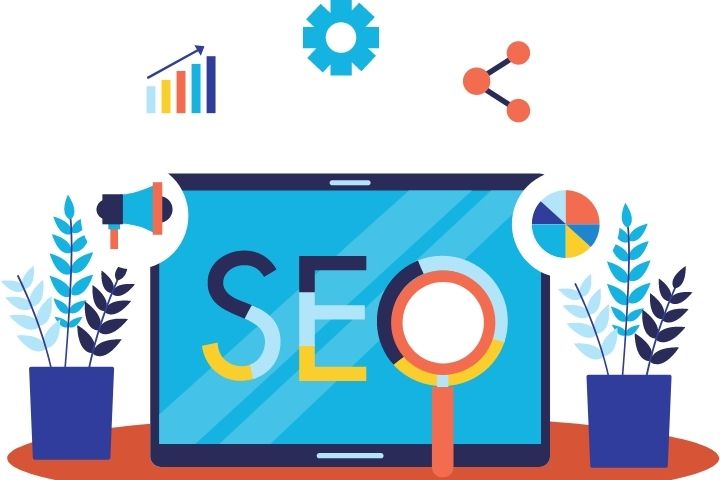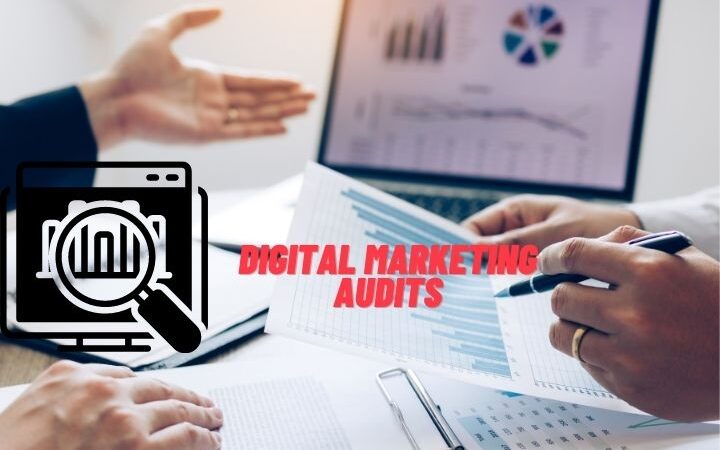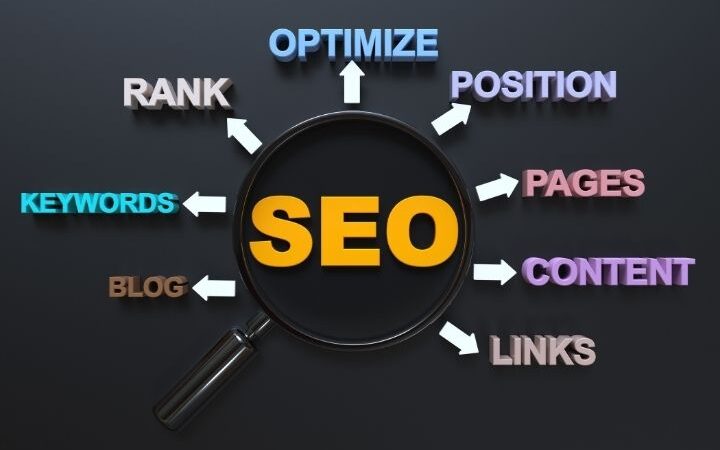Crucial SEO Ranking Factors You Need to Know: The Ultimate Guide

SEO is one of the most important aspects of any online marketing strategy. If you are not doing SEO, you are missing out on a huge chunk of traffic that could be coming to your website. In this guide, we will discuss some of the most crucial SEO ranking factors that you need to know in order to rank your website higher in search engines. We will also provide tips on how to improve your SEO ranking. So, what are you waiting for? Start reading!
Now that you understand the basics of SEO, it’s time to learn about the crucial ranking factors. These are the specific elements that play a role in your site’s visibility and how high it appears in search engine results pages (SERPs).
The following are some of the most important ranking factors:
– Content quality and relevance
– Site architecture and crawlability
– Page titles, descriptions, and headings
– Links from other websites
– Social media engagement
Each of these factors is essential for optimizing your website for improved SEO performance. Let’s take a closer look at each one.
Content Quality and Relevance
One of the most important ranking factors is content quality and relevance. Google wants to provide its users with the best possible search results, so it’s critical that your website’s content is high-quality and relevant to what users are searching for.
To ensure that your content meets these standards, focus on creating engaging and informative articles that address your target audience’s needs. Be sure to include keywords and phrases throughout your content, as well as in the titles and descriptions of your pages. And make sure that all of your website’s content is updated regularly to keep it fresh and relevant.
Site Architecture and Crawlability
Another important ranking factor is site architecture and crawlability. This refers to how easily Google can access and index your website’s pages. If your website is poorly designed or difficult to navigate, it will be harder for Google to find and index your content, which can hurt your SEO ranking.
To improve your website’s crawlability, make sure that all of your pages are linked together logically and that there is a clear hierarchy to your site structure. Use keyword-rich titles and descriptions to help Google understand what each page is about.
Table of Contents
Domain Authority
One of the most important ranking factors is Domain Authority. This measures how strong and popular your website is, and it’s a crucial element in SEO. A high Domain Authority score will help your website rank higher in search results.
To improve your Domain Authority, you need to focus on building high-quality backlinks from popular websites. You can also improve your Domain Authority by creating great content that people will want to link to.
Another important ranking factor is Page Authority. This measures how strong and popular each individual page on your website is.
Page Authority
Page Authority is another key ranking factor that you need to be aware of. This metric is determined by Moz, and it essentially measures how authoritative a particular page is based on its backlinks and MozRank. The higher the Page Authority score, the more likely it is that your page will rank high in search engine results pages (SERPs).
You can improve your Page Authority score by increasing the number of high-quality backlinks to your page, as well as improving the MozRank of your website’s homepage and other key pages.
On-page SEO
If you want to rank higher in search engine results, on-page SEO is crucial. On-page SEO includes optimizing your website for both users and search engines. When done correctly, it can help your website rank higher in search engine results pages (SERPs), driving more traffic to your site.
Some of the most important on-page SEO factors include:
– Title tags: The title tag is the most important on-page SEO element. It tells search engines what your page is about and appears as the clickable link in SERPs.
– Meta descriptions: Meta descriptions are short summaries of your page that appear under the title tag in SERPs. They help users decide whether to click on your link.
– Heading tags: Headings are used to structuring your content and help Google understand the topic of your page. Use heading tags correctly to give your pages a boost in SERPs.
– Image optimization: Images can be a great way to improve user experience on your website
Backlinks
One of the most important aspects of SEO is backlinks. When other websites link to your content, it tells Google that your website is valuable and worth ranking higher. There are a number of ways to build backlinks, including submitting articles to article directories, guest blogging, and social media marketing. However, the best way to get quality backlinks is to create great content that other websites will want to link to.
If you’re not sure how many backlinks your website has, you can use a tool like Moz’s Open Site Explorer to check. Just enter your website’s URL and click “Search.” Once the results page loads, you’ll see the number of backlinks your website has under the “Links” section.
Keep in mind that not all backlinks are created equal. A backlink from a high-quality website will be worth more than a backlink from a low-quality website. So, it’s important to focus on building backlinks from websites that are relevant to your industry and backlinks your website has, you can use have a high Domain Authority. You can check a website’s Domain Authority using Moz’s Link Explorer. Just enter the URL of the website you want to check and click “Search.” The results page will show the website’s Domain Authority on a scale from one to 100.
Also read : The Role Of AI In Cloud-Based Services






